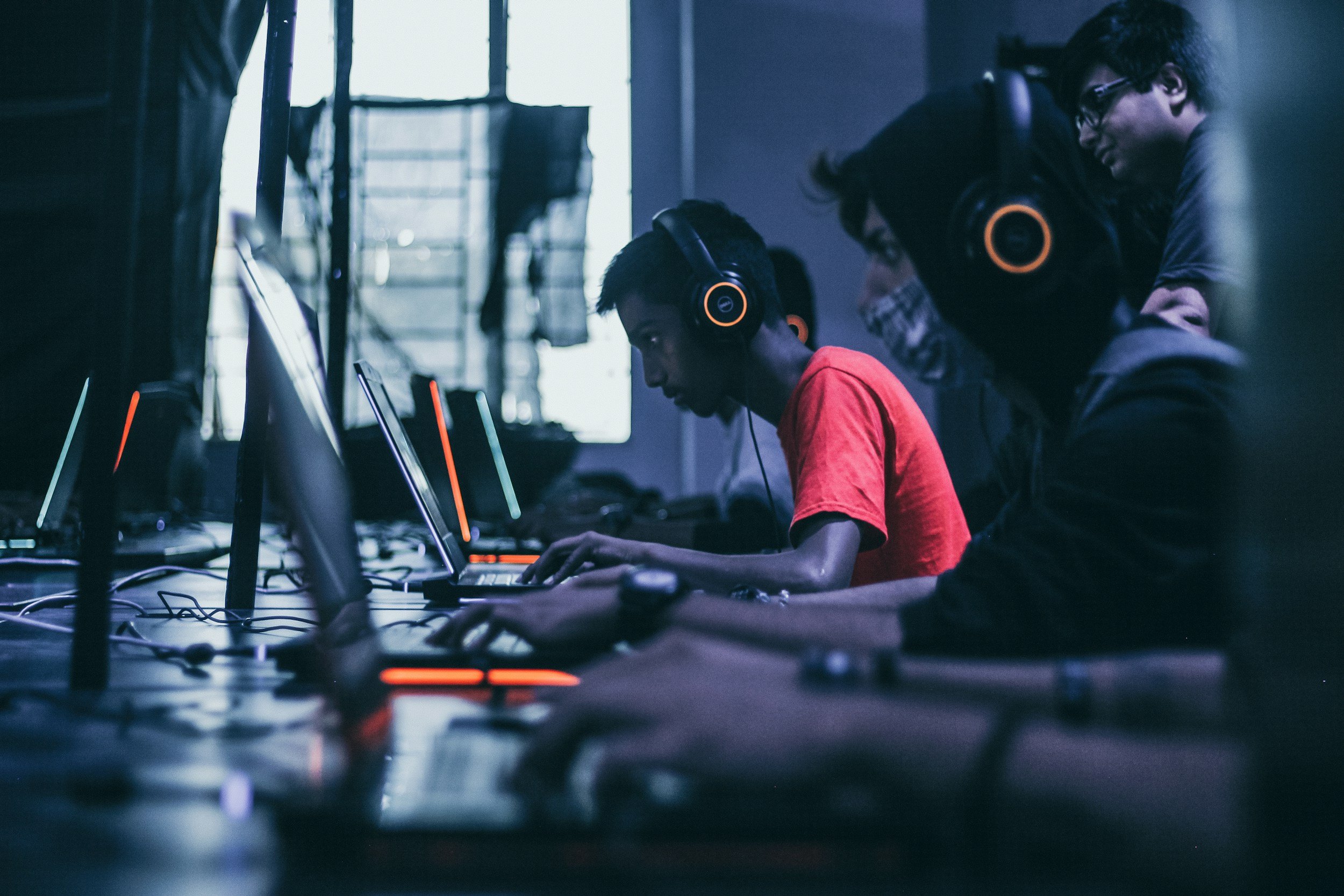Gaming the Mood: Emotion Management Through Video Games
Gaming as Emotional Architecture
Video games have evolved far beyond mere entertainment. As interactive, immersive, and emotionally engaging experiences, they are uniquely positioned to influence how players regulate their moods. Whether offering a tranquil escape or an adrenaline-fueled outlet, games enable users to engage with their emotional states in ways that are personal, purposeful, and powerful.
This article examines how video games function as tools for emotional self-regulation, exploring the psychological mechanisms behind their mood-altering effects, and identifying genres and gameplay mechanics most effective in managing stress, anxiety, and mood fluctuations.
Mood Management Theory and Interactive Media
Mood Management Theory (MMT) posits that individuals use media to maintain or alter emotional states. While initially applied to passive forms like television or music, the theory has become increasingly relevant to interactive media such as video games. The dynamic nature of gaming allows players to actively participate in shaping emotional experiences, making it a particularly potent mood management medium.
Through gameplay, individuals can seek arousal, distraction, mastery, or comfort, depending on their psychological needs. The interactivity of games not only enhances emotional impact but also offers a sense of agency that is often absent in more passive media formats.
Genres for Mood Regulation
Different game genres offer varied emotional experiences. Players intuitively gravitate toward specific types of games based on their mood and desired affective outcome. Here are a few notable genres and their typical psychological functions:
Relaxation and Escape: Simulation and Sandbox Games Games like Animal Crossing, Stardew Valley, or The Sims are celebrated for their slow-paced, low-stakes environments. These games emphasize routine, control, and aesthetic pleasure. Their repetitive and soothing gameplay loops can reduce anxiety and create a sense of order in chaotic times.
Stimulation and Energy: Action and Fighting Games Fast-paced genres such as first-person shooters (Call of Duty), fighting games (Tekken), and action-adventure titles (Devil May Cry) increase physiological arousal. These games provide adrenaline rushes and emotional release, helping players manage frustration or boredom through controlled intensity.
Empathy and Reflection: Narrative-Driven Games Story-rich games like Life is Strange, The Last of Us, or Journey evoke deep emotional engagement. These titles foster empathy, introspection, and emotional catharsis. They are often selected during times of emotional reflection or when players seek a sense of connection and understanding.
Empowerment and Mastery: Role-Playing Games (RPGs) and Strategy RPGs such as The Witcher 3 or Final Fantasy and strategy games like Civilization VI provide complex systems that reward planning and skill development. These experiences promote feelings of competence and control, countering feelings of helplessness or low self-efficacy.
Game Mechanics That Support Mood Management
Beyond genre, specific game mechanics influence emotional outcomes. The following features are particularly relevant for emotional regulation:
Progression Systems: Leveling up, skill trees, and achievements provide measurable growth that can boost self-esteem and motivation.
Customization and Creativity: Allowing players to shape characters, build worlds, or personalize environments enhances emotional investment and self-expression.
Safe Failure: Games provide a risk-free space to experience failure and try again. This can help players develop resilience and adopt a growth mindset.
Social Play: Multiplayer modes, online communities, and co-op gameplay foster social connection and collective problem-solving, which are crucial for emotional support.
Gaming for Stress Relief and Mental Health
Research has increasingly validated the psychological benefits of gaming. A 2021 study by Przybylski and Weinstein found that modest gameplay was associated with improved well-being and life satisfaction. Similarly, games like Tetris have been shown to reduce flashbacks in trauma patients, and VR gaming has been explored for therapeutic uses in anxiety and PTSD treatment.
The World Health Organization even promoted video games during COVID-19 lockdowns as a tool for maintaining mental well-being and social connectivity through the "#PlayApartTogether" campaign.
Balancing Play and Well-being
While video games can support emotional regulation, balance is essential. Excessive play can lead to escapism, avoidance, or gaming disorder. The key lies in intentional gaming: choosing games based on emotional needs, setting time limits, and being mindful of emotional responses.
Healthy gaming habits include:
Setting clear time boundaries
Choosing emotionally compatible genres
Reflecting on the mood before and after play
Avoiding competitive or intense games when feeling overstimulated or anxious
Simply Put
Video games are not just digital playgrounds; they are emotional laboratories where people experiment with mood, identity, and interaction. Whether calming, energizing, or emotionally resonant, games provide a flexible and responsive way to manage feelings in real time.
Understanding the emotional dynamics of gaming can empower players to use this medium as a constructive tool for well-being in a world that increasingly demands emotional adaptability.






